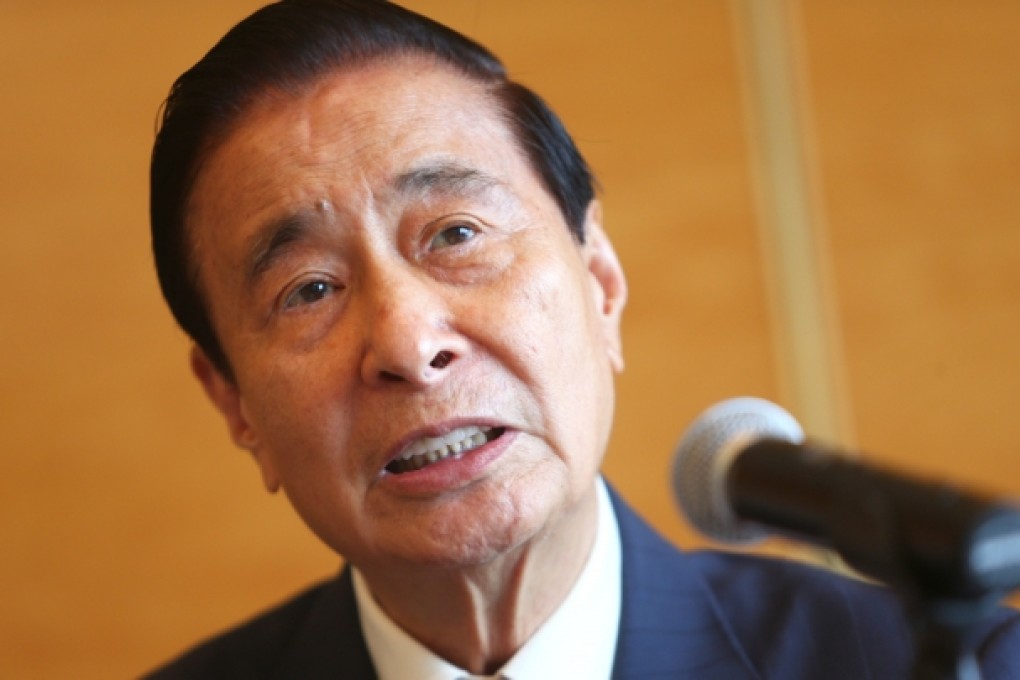Opinion | Legacy's on his mind as Lee takes his critics to task
Henderson boss' philosophy of gaining the maximum with the minimum can be seen with his plan to donate farmland to build cheap homes

Trick" or "treat"? That is the question that has been playing on people's minds ever since Lee Shau-kee offered to donate rural land to the government to build HK$1 million homes for young people.
The government on Wednesday turned down the offer, five months after he made it.
Most people I spoke to before the decision saw in it a trick to add value to the farmland he has accumulated at negligible cost over the decades. They also said the infrastructure built with taxpayers' money for these special homes would breathe life into his other property assets nearby.
This suspicious lot also held that the development terms of the "charity project" would set a nice precedent for his own holdings, such as a low (even waived) land premium or a high plot ratio.
It is hard not to be cynical. "Whatever deal you are selling, Lee's reply always ends with the same note - 'can it be cheaper?'" said an investment banker.
I thought no different, until Wednesday. Lee made a rare speech that night at a dinner event held by the Hong Kong News Executives' Association.
